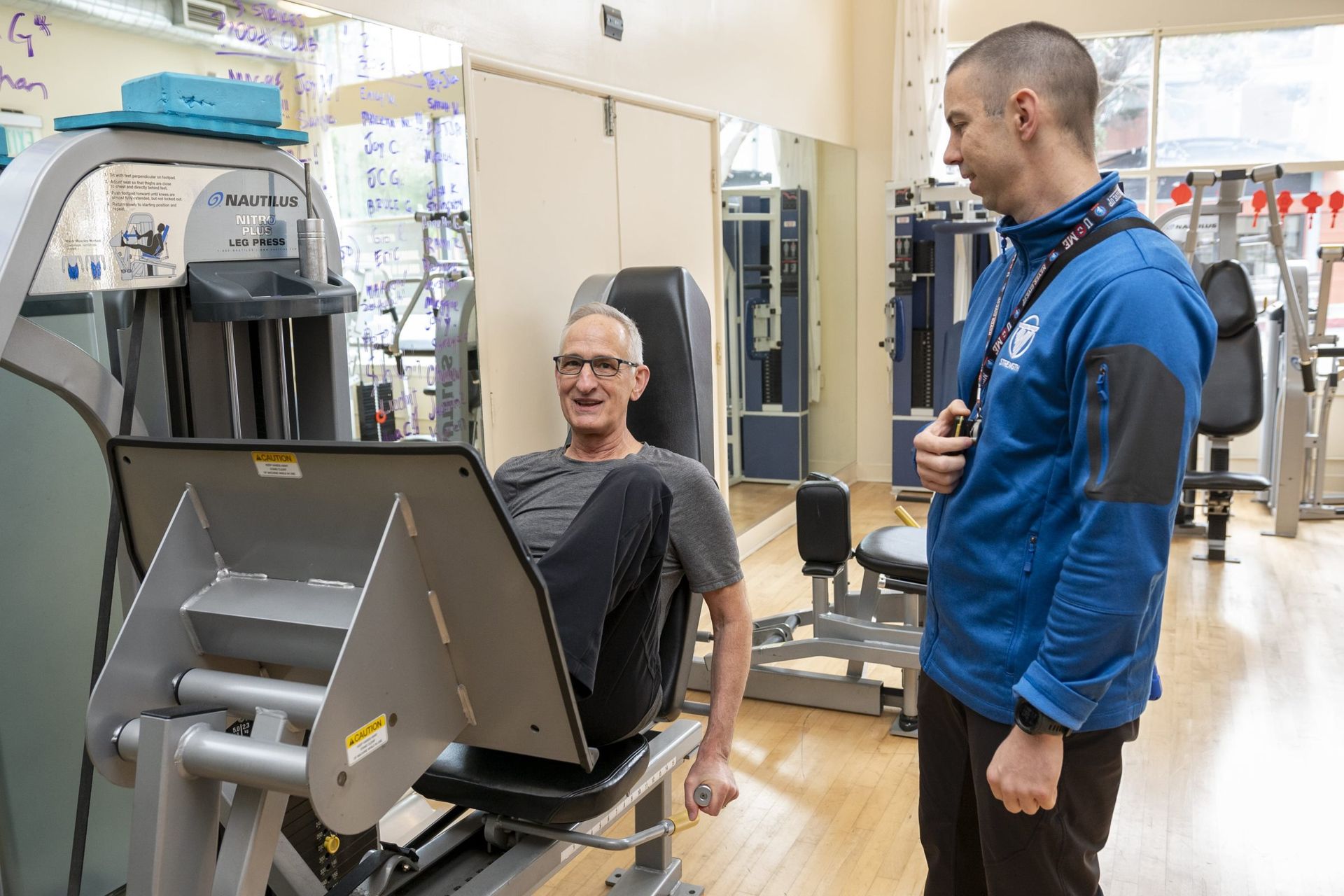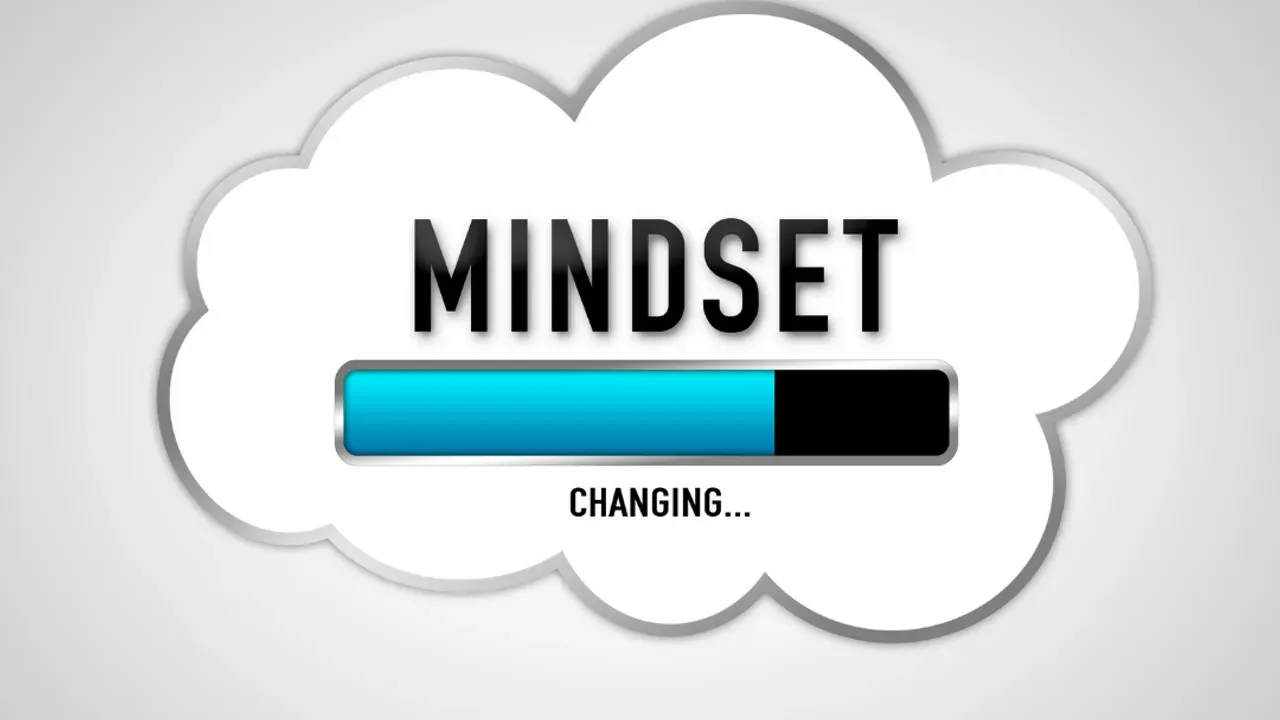The Fitness Industry’s Dirtiest Little Secret

Only 5% of Americans who lose weight keep it off for more than 5 years (according to this Slate article ). Scientific American says it’s more like 20% , but either way you slice it, at best, only 1 in 5 Americans are able to maintain long-term weight loss. There you have it, another dismal truth to tack onto 2020.
Why do we struggle so much with losing weight? If doctors, nutritionists, trainers, etc. are all armed with the best information available, do Americans just lack the willpower or stamina to execute on a nutrition plan? According to Dr. Jason Fung M.D., the author of The Obesity Code , we might want to reevaluate that premise entirely.
Most nutritional advice takes the tried and true CICO route: Calories In, Calories Out. Michelle Obama championed this approach in her “ Let’s Move ” campaign, which centered around getting kids to exercise more and eat less. And although the former first lady’s campaign had the best of intentions, Dr. Fung points out the whole CICO approach may not work at all.
“Obesity is not caused by an excess of calories, but instead by a body set weight that is too high because of a hormonal imbalance in the body.”
This is called the hormonal theory of obesity and it spits in the face of decades of shaky nutritional research. Dr. Fung asserts that excess calorie intake is the proximal cause of obesity and hormonal imbalance is the ultimate cause, not the other way around. Just like your tire leaking is the proximal cause of having to patch it up, the ultimate cause is driving over the nail. In other words, addressing weight loss only by reducing calories addresses the symptoms of hormonal imbalance and not the underlying cause.
Now that I’ve shattered your January dreams of fasted cardio for weight loss, let me elaborate. The main hormonal culprit for Dr. Fung is insulin, and to a lesser extent cortisol. Insulin clears sugar out of the blood stream and gets overwhelmed by the all-day barrage of sugar-laden food in most Americans’ diets. When our bodies have to consistently produce a high level of insulin, very often the result is insulin resistance, obesity, and type 2 diabetes (all closely linked). Cortisol is the hormone stimulated by stress and lack of sleep, and, to quote Dr. Fung, “ There is a direct dose/response relationship between cortisol and insulin .”
The hormonal theory of obesity breaks the paradigm for people with type 2 diabetes because, to paraphrase Dr. Fung, treating type 2 diabetes with insulin is like trying to cure alcoholism by giving a person more alcohol. Instead, he recommends the following strategies to reduce insulin:
-
Get sugar in your diet as close to zero as possible . Sugar is the devil that goes by many names: glucose, sucrose, and sucralose to name a few. Diet sodas, though they may be low in calories and glucose, contain other forms of sugar that cause the same insulin spike as glucose. Fructose from fruit can be problematic because only the liver can metabolize it, which can lead to an insulin-resistant liver.
-
Try fasting. Even if you don’t change what you eat, changing when you eat can have a big impact on your insulin levels. If I eat my first meal at noon after finishing dinner at 8 pm the night before, I’ve given my body 16 hours to metabolize my food and start mobilizing body fat. Well-researched benefits include increased insulin sensitivity and growth hormone production, and freed up time as you’ll have less meals to cook. Common fasting to feasting ratios include 16:8, 20:4, and 24 hour fasts also known as one meal a day or #OMAD.
-
Skip the simple carbs. As Dr. Fung states, “Refined grains such as white flour stimulate insulin to a greater degree than virtually any other food.” In the last century we’ve seen the atmospheric rise of processed food accompanied by skyrocketing heart disease, obesity, and type 2 diabetes rates. Instead, reach for the whole, unprocessed stuff like eggs, meat, and vegetables.
The silver bullet to weight loss isn’t a bullet at all, it’s a shotgun full of buckshot. The scope of this writing covers what we need to do to lose weight and keep it off but the how of implementation is up to you. It may take building some new habits. Or you may find that skipping breakfast is actually easier and healthier.
One way many people have long-term success is the low-carb, high fat strategy (#LCHF). I’ve previously written about Dr. Shawn Baker and the carnivore diet . Dr. Jason Fung doesn’t go quite to the extreme like Dr. Baker in his recommendations, but they share some of the same fundamentals.
If you’re looking to make a change and need a hand, TNT would love to help. Sign up for a free 1-hour Zoom consultation , buy our online program BlackJack , or check out our Affiliates page for some of the best products on the market. Also, pick up The Obesity Code . It could change your life.
By: Jesse Schmidt
Recent Articles
















